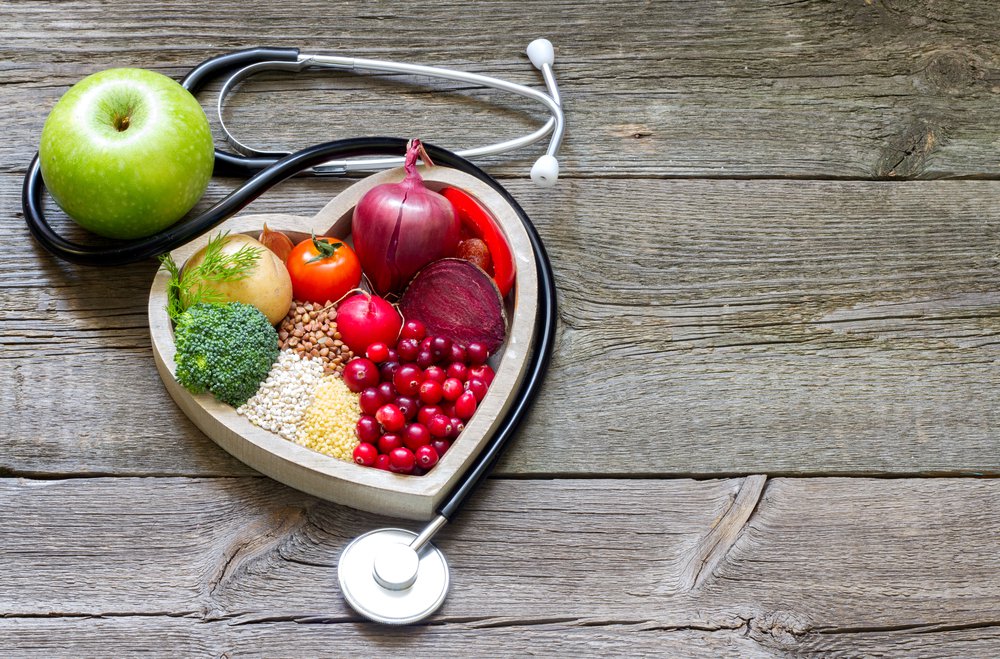
If an apple a day can keep the doctor away, how much more can a delicious burrito bowl with citrus lime vinaigrette do?
About half of all American adults – 117 million — have one or more preventable chronic diseases, many of which are related to poor quality eating patterns and physical inactivity. According to the U.S. Office of Disease Prevention and Health Promotion, more than two-thirds of adults and nearly one-third of children and youth are overweight or obese.
With so many diseases now considered diet-related, there is a steady shift toward disease prevention over disease management across healthcare. The science of nutrition is central to this movement, and the most accessible and practical translation of nutrition science for both patients and practitioners is simply to teach people how to cook healthy meals they enjoy.
Encouraging others to cook for better health requires that physicians have at least basic culinary literacy themselves. When they do, they’ll have the confidence to speak not only as medical professionals who can explain nutrition’s impact on health and wellness, but as fellow humans whose connections to food run as deep as their patients’. Culinary literacy opens up conversations about how food choices are influenced by our cultural ancestry, family experiences, lifestyle, socioeconomic status, and more.
The study of culinary medicine is most effective as a multi-disciplinary approach that ties together physicians, dietitians, nurses, and culinary professionals who have a keen understanding of community. Typically, these practitioners operate independently, but the efficacy of culinary medicine depends on multiple professionals joining together to combat diseases such as diabetes, hypertension, and celiac, that can be controlled and sometimes even reversed through food.
When medical students are challenged to consider their own health, circumstances, and choices, they become more attuned to those of their patients. Fourth-year medical students who engaged in an 8-week pilot practicum in culinary medicine began the program with self-reflection and considering their own personal habits, diet, and influences. After the course, they reported feeling empowered to take ownership of their health and daily choices and therefore more confident in directing patients on how they too can live healthier lives through food. The experience of discovering delicious new foods motivates us to want to share; it’s nice to be able to hand the patient a recipe and not just a prescription.
Bringing fourth-year medical students, physicians, dietitians, nurses, and chefs into a teaching kitchen is a positive first step in transforming the science of nutrition into the practice of healthy eating. When medical students learn to prepare nutritious meals that are simple, affordable, and delicious, discussion of diet can become more than an afterthought in the patient conversation.
Physicians in training are the future of the disease-prevention movement. Learning to make vegetable-forward dishes is a practical, fun, and effective way to begin the journey to improved health outcomes through food. Let’s not wait any longer to empower our future physicians and patients to share recipes for success.
Joshua Rothman is a pediatric resident and founder, Penn Culinary Medicine. Tara Mataraza Desmond is a chef educator, Vetri Community Partnership.
Image credit: Shutterstock.com
